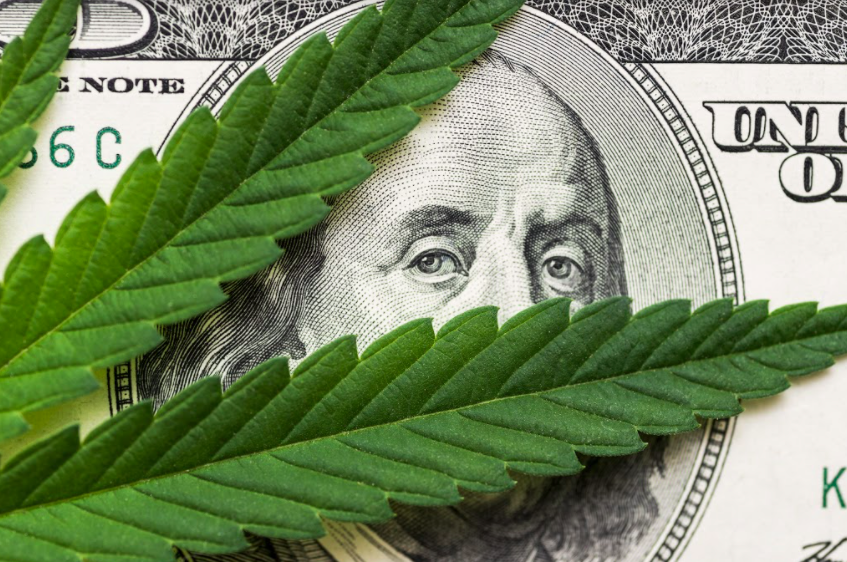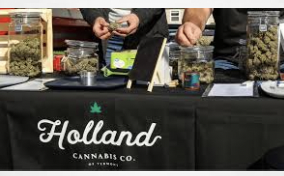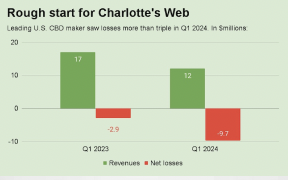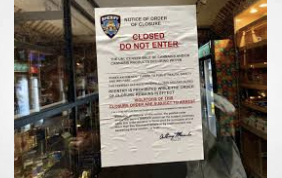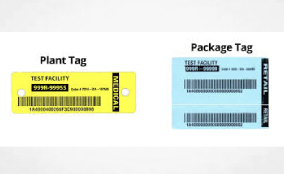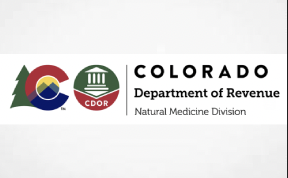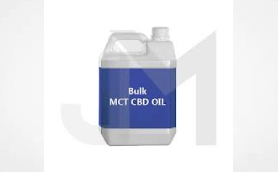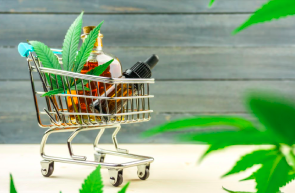Navigating the CBD market, which is governed by vague and inconclusive state and federal laws, isn’t easy, but it’s manageable. Take note and consider four different ways to set your CBD start-up for success while maintaining compliance.
- Use Metrc Compliance Software
Metrc (Marijuana Enforcement Tracking Reporting & Compliance) refers to the state’s seed-to-sale tracking system. With metrc compliance software, it’s possible to track the cannabis supply chain–from seed to sale. The data that’s collected is mostly concerned with the activities, growth phases, and plant movements that are tracked with tags as follows:
- Plant identification number together with a scannable barcode
- Application identifier, which can be medical or recreational
- Tag order date
- License number
- Facility name
With transaction and inventory data readily available to state regulators, the purpose of Metrc is to create safety for consumers and transparency in the cannabis industry. That’s why Californian businesses use metrc to help them stay in compliance and mitigate legal risks and disputes from a product being shipped from a company in one state to another that has different laws regarding CBD.
- Ensure CBD Derives From Hemp Of Good Quality
The most important law you need to abide is that the CBD your start-up uses is hemp-derived and that it should contain less than 0.3% of THC, which is a psychoactive cannabinoid. Furthermore, the hemp must adhere to the shared state-federal regulations over its cultivation and production. Also, it must be grown by an adequately licensed grower, which is why it’s vital to find the right supplier.
If you’re the one producing it, make sure to:
- Use hemp-derived CBD from hemp that’s cultivated under the highest standards. This means that you should avoid CBD coming from hemp that’s being treated by pesticides and chemical fertilizers. This can harm your consumers and potentially have you liable.
- Check if your supplier is licensed and legally allowed to produce and sell CBD. If you unlawfully source CBD from an unlicensed manufacturer, you’re putting your business, investors, employees, and even customers at risk. Everyone involved could be exposed to numerous regulatory and legal violations, even criminal sanctions.
- Request lab test results for each CBD production batch. Without insights that lab test results provide, you can’t know what exactly you’re selling and if your products are loaded with pesticides, metals, and traces of solvents that put the consumer at risk.
You may be misleading and incorrectly labeling your product since it won’t be up to the declared specifications. With too much THC in untested CBD, you may also be unknowingly violating the Farm Bill and state law. Take note that although some states such as California do allow both marijuana and hemp-derived CBD, cannabis is still a controlled substance.
- Avoid Certain Product Claims
You can face legal ramifications if you make one of the following product claims:
- Ingestible product claims: Federal law prohibits adding CBD to ingestible food products. Although CBD is suitable for ingestion, there’s no ‘one-dose-fits-all.’ CBD affects each person differently, depending on their gender, weight, specific biochemistry, etc. The wrong dose can harm some individuals and cause allergic reactions and other side effects. That’s why it’s better to avoid making such claims.
- Topical products health claims: There have already been insurance claims for allergic reactions caused by topical CBD products once applied directly to the skin for localized pain relief. CBD business owners should avoid claiming how their products can relieve psoriasis, pain, arthritis, and other ailments. It’s unlawful to make unproven health claims.
- Medical claims: Making medical claims about a CBD product despite scientific research that confirms some of the CBD therapeutical benefits will result in penalties by the FDA.
- Hire A Lawyer
A lawyer who specializes in CBD business will help you establish a business with applications that meet all requirements. Hence, it would be best if you continue to use their services in the future. This is because they can keep you updated and help you apply the rapidly changing state and federal laws to your business operations.
Conclusion
Starting a CBD business means that you must adhere to a set of laws and requirements that are often vague and hard to navigate. Doing your due diligence, staying up-to-date with state and federal laws, and using tools such as Metrc software helps your CBD start-up maintain compliance.
